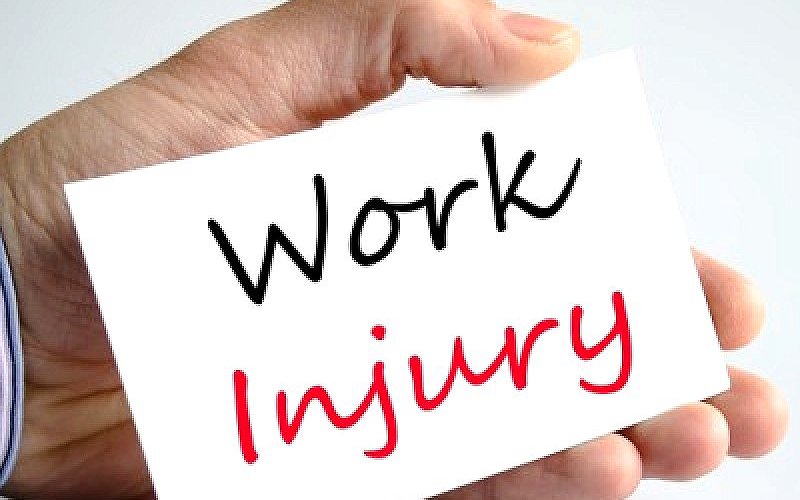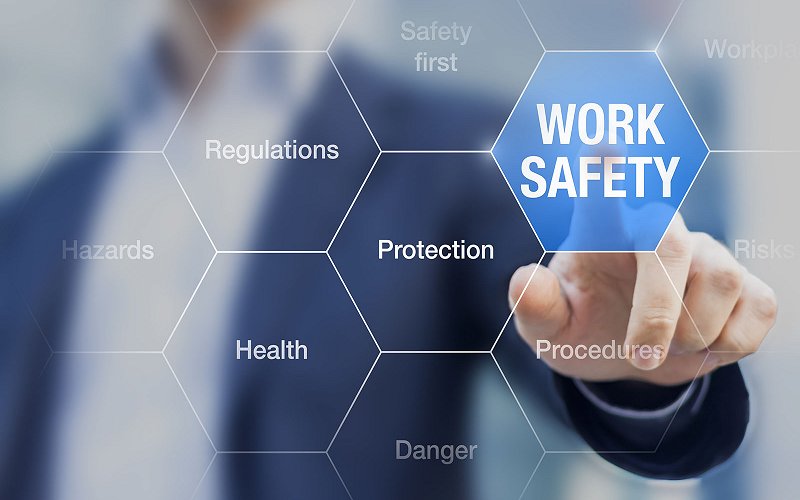Introduction
Introduction:
Work Injury Compensation is a benefit mandated by the Work Injury Compensation Act (WICA). In Singapore, as long as you are working under a contract of service, you shall be covered under this legislation. Regardless of how safe an employer may try to make his workplace, on-the-job accidents and job-related illness, unfortunately, may still occur. Workers’ compensation has become increasingly complicated and costly over the years. Therefore, it is essential for HR practitioners and those in charge of making claims to understand how to comply with WICA. This is so that employees receive the full and correct benefit under WICA. This will, in return, show that the employer is a caring and welfare-oriented employer, especially when an accident happens at the workplace.
The Work Injury Compensation Bill 2019 was passed in Parliament on 3 September 2019. It will offer the following benefits for both employees and employers: i. Influence companies to prevent injuries from happening in the first place ii. Faster and simpler claims processes for everyone iii. Enhanced protection for employees iv. More certainty for employers The new Act will take effect on 1 September 2020 to allow employers and insurers time to adjust. Related subsidiary legislation amendments are slated to take effect starting from January 2020. In this training programme, you will learn whether it is compulsory to purchase WICA’s insurance, medical insurance, claims procedures under MOM or to pursue a tort action under common law, compensation payable during work cum leisure, working at home and most importantly, you will learn whether under the Infectious Diseases Act, if the employer has the legal right and obligations to safeguard his employees against the H7N9 virus whilst in the course of employment.
At the end of this workshop, delegates can be assured that they will be more competent in their understanding of WICA and its application.
Learning Objectives
- State what workmens’ compensation is.
- Background and purpose of workmens’ compensation legislation.
- The persons covered, the person is liable to pay compensation, those who can claim compensation.
- Whether WICA’s insurance and medical insurance are compulsory and whether there are exceptions.
- Definition of strict liability and “arising and out of in the course of employment”.
- Benefits and disadvantages for employers and employees.
- Procedures for making claims with Ministry of Manpower.
- Proceed with WICA or tort suit under common law.
- Employer’s legal rights and obligation to safeguard their employees against H7N9 while in the course of employment.
- Forthcoming changes to WICA with effect 1st April 2020.
Course Outline
A competent HR practitioner must have the skills and knowledge in the following:
1. Background and Purpose of WICA.
- WICA versus Tort, common law
- WICA versus personal accident insurance.
2. Category of employees covered and liabilities of the employer.
- Single and Multiple employers’ coverage.
- Statutory and common law employees’ eligibility.
- Regular, part-time, fixed employment contract etc.
- Locals, SPR, Foreigners.
3. Compensation payable and under what circumstances
- Strict liability versus liability under tort.
- Employer’s fault.
- Employee’s fault.
- The formula for compensation payable.
- Contributory negligence.
- Death, permanent disabilities and temporary disabilities.
4. Coverage of insurance
- Statutory requirements or employer’s discretion and who are exempted.
- WICA Insurance premium on a single company or group of companies.
- Personal accident insurance.
- Medical insurance.
5. Accidents are arising “out and in the course of employment.”
- Going to work and leaving work for home.
- During tea/lunch break and in/out of the company’s premise.
- Singapore and out of Singapore.
- Working hours and non-working hours.
- Differentiation between duty and leisure
6. Defences
- Intentional act.
- Under the influence of controlled drugs or alcohol.
- Contributory negligence.
7. Benefits and Disadvantages of Workmens’ Compensation
- Amount of benefits from WICA or damages under tort action.
- Cost involvement under WICA and tort suit.
- Medical expenses entitlement.
- Payout duration.
- Claim under WICA and tort action together or separate.
- Hospitalisation and sick leave entitlements.
8. Procedures for filing a claim under WICA with Ministry of Manpower
- Duty to report by the employee.
- Duty to report by the employer.
- Timeline for reporting.
- Penalty for failure to report to MOM.
- Notice of assessment.
- Disputing the compensation under the notice of assessment.
- Notice of objection.
- Penalties for default of payment.
9. Forthcoming amendments to the WICA wef 1 January 2020
- Raising the maximum compensation amount.
- Coverage for non-manual employees earning to be increased.
- Recognising of light duties as medical leave
- Higher WICA insurance premium for companies with poor safety record.
- Increase medical expenses
- Workers are given an opportunity to change doctors if unsatisfied with incapacity assessment and medical leave.
- Private insurers to process WICA claims instead of MOM.
- Shorter period for a medical assessment for permanent injury.
- Industry salary data to calculate worker’s average monthly earnings in the absence of payslips.
- Increased in financial penalties for breaching WICA.
Methodologies
Lecture and case study.
Who Should Attend
Human Resource Practitioners.
Workshop Registration
Please visit this page to register.




